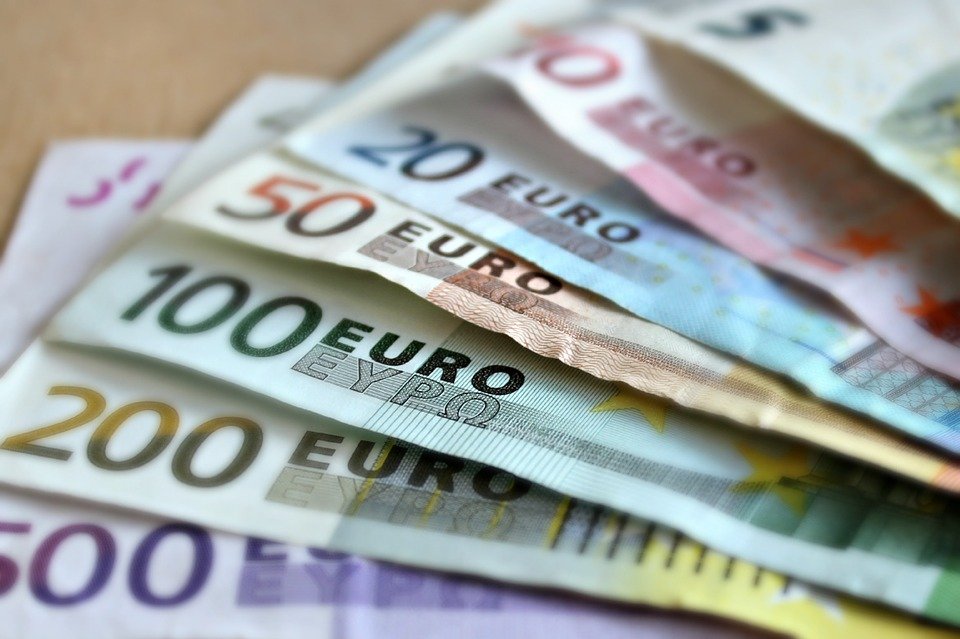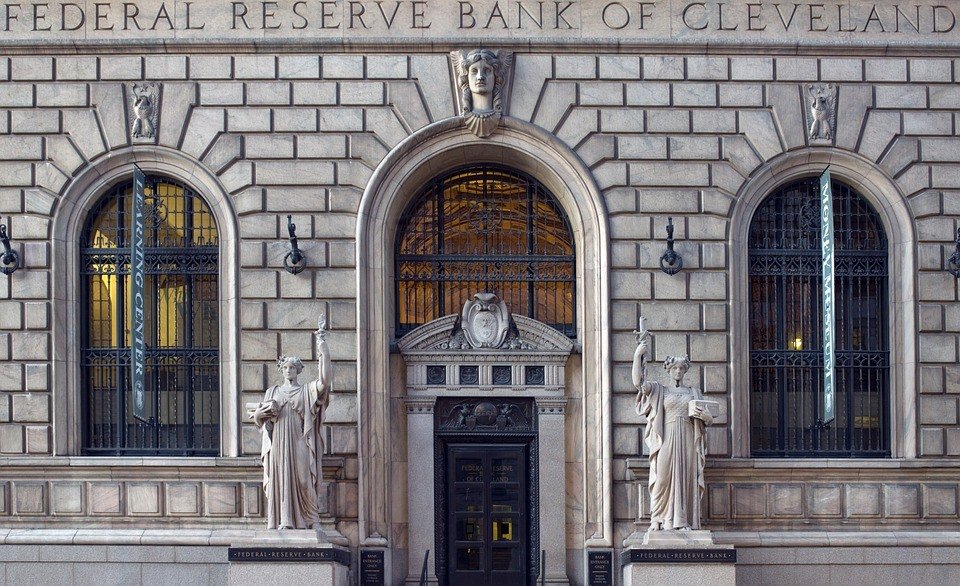Business
The reason why no one understands how money works
The world is awash with stories about “fantasy sums” of money that are either being saved or destroyed on a daily basis.

I have to admit, I am somewhat fascinated and at the same time intrigued by Dirk Schümer’s provocative essay in Germany’s Die Welt. According to Mr. Schümer, the world is awash with stories about “fantasy sums” of money that are either being saved or destroyed on a daily basis. As much as we may try, we will never really understand how money works. But is this truly a new phenomenon?
The European Central Bank did not just begin its work at the turn of the millennium. The system of intra-European financial flows and exchange rates, the state-run inflation and bankers at the controls of the policy were already in place and fully developed more than 800 years before that time. And the headquarters for this system were initially located in Rome, Italy, and not in Frankfurt am Main.
The Vatican, with support from its ingenious business model “money in this world against salvation in the afterlife,” created the financial industry in Europe. From the start (the Italian central bankers of the Medici, Arnolfini, Chigi), it was almost exactly like it is today: while clever experts accepted the money and invested everywhere, not even the politicians—and certainly not the ordinary people—understood where the sums came from and where the money went; from the poor to the rich, from the busy to the idle. Good money was thrown after bad, poorer states went bankrupt while banks blossomed and withered again.
How many zeroes does a trillion have?
These days, we are trying to imagine—in vain—what Mario Draghi’s trillion Euro–buying program may look like. The Greek debt relief numbers are disappearing in front of our eyes in light of the ever-greater “fantabillions.” As a result, our situation is no different than that of a medieval craftsman who also had no idea how British exchange letters could possibly insure the exorbitant fee paid for a Spanish galley via a Tuscan Bank.
How many zeroes does a trillion have? Or are we “zeroes” for not knowing how many? Throughout all these years, no educational course, no television coverage about the markets have been able to do anything about the fact that people do not – in the slightest – understand the money that they use daily and after which they strive relentlessly. Or is anyone able to make the connection between a monstrous government bond buying program, inflation in Italy, the rate of interest for your own savings account, the average debt in Greece and the so-called bailout from the state? Is there even a connection at all between any of these events? And what happens to all that money when we see so little of it while the super-rich double their assets every five years?
There certainly was a time when everything was simple. During that time, Germany had the same currency. It was called the “Mark” in the East as well as in the West of the country, and it always remained the same. There was quite a lot of this currency in the East, but people could buy very little with it.
Disposing of a skeptical German Federal Reserve chairman
That is the reason why East Germans dreamed of the Westmark, which afforded the people of West Germany their solid prosperity, cars, air travel and ugly expensive clothes without the weekly looming collapse of a financial system. Later, the citizens from former East Germany only had about a decade to savor the longed-for Westmark. Because, with the arrival of the Euro, things quickly took a turn for the worse.

How money works: Federal banks are still in existence. (Source)
Let’s remember the exciting days when the new currency was introduced. In long debates, politicians of all parties had explained away all concerns and disposed of the skeptical Federal Reserve Chairman with precaution. No one bothered about people’s opinion, and there never was a referendum about the Euro. But everything was firmly agreed to: should a European government have payment difficulties, he would need to bail himself out of that situation. No member state would service the debt of any other.
The European central bank would stringently guard the value of the new European currency just like the Federal Bank; there would be stability criteria and debt limits that need to be strictly adhered to. And buying of ailing government bonds from the general fund would be prohibited.
Imitating God’s value creation process
On top of these rather harsh realities, we fear that a disorderly collapse of the euro would make things even worse: state bankruptcy, bank ruin, unemployment, hyperinflation and soup kitchens. After all, the Yugoslav dinar was the last failed currency. Are we supposed to fear for our measly savings when there are so many poor people along the Aegean Sea or the Algarve?
The function of money, as it exists today, is nothing short of a miracle. It affords its owner food, clothing, housing and other luxuries. The fact that money can, without work, multiply and earn interest over time, or be worthless literally overnight, deeply irritated the Church of the Middle Ages. To charge interest and therefore imitate God’s value creation system was therefore summarily banned for all Christians.
The Italian professionals naturally circumvented this prohibition immediately with a bag full of tricks. Already in 1450, the son of notary Antonino Pierozzi, a friend of the Archbishop of Florence and the Medici bankers found an elegant theological justification for capital, profits and interest. The well-deserved canonization followed in 1523.
Milk foam and inflation
Are we better of with the Euro? Unlike our long deceased grandma, we do not have to live in fear of money decay. We cannot even remember grandma’s youth, when she could not buy a single loaf of bread with a wagon full of banknotes. Her savings disappeared so fast that the money was not even worth the paper it was printed on. Anyone who fears something as absurd today is at best neurotic and needs therapy.
I still remember the day when the euro came along. It was January 1, 2002, a fresh sunny morning time in Venice. People got up, and the Italian bars immediately started to forget about the agreed upon exchange rate and, in a good mood, pumped up the cappuccino price along with the milk foam. Gone was the multi-digit inflationary Lira, a new era of transnational prosperity had dawned. In Frankfurt, the news showed people who drank champagne in celebration of the burial of the D–Mark.
A young French couple on holiday in Venice also wanted to immortalize this special moment. “Les premiers euros,” the man spoke into his camera microphone before his wife pulled the fresh notes from the ATM. But the Italian bank employees had not been as diligent as their colleagues abroad who had already exchanged all of their currencies for the new Euros overnight. Out from the ATM slot came a chunk of old lira, and the French couple looked very disappointed. No one could have guessed back then how much truth was hidden in that French couple’s disappointment.

-

 Crypto2 weeks ago
Crypto2 weeks agoRipple Launches EVM Sidechain to Boost XRP in DeFi
-

 Impact Investing6 days ago
Impact Investing6 days agoShein Fined €40 Million in France for Misleading Discounts and False Environmental Claims
-

 Impact Investing3 days ago
Impact Investing3 days agoVernazza Autogru Secures €5M Green Loan to Drive Sustainable Innovation in Heavy Transport
-

 Cannabis2 weeks ago
Cannabis2 weeks agoCannabis Company Adopts Dogecoin for Treasury Innovation

























